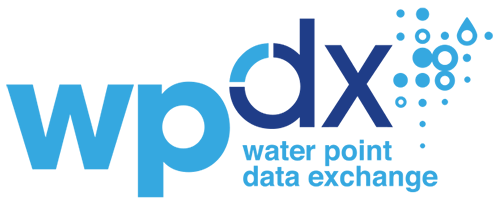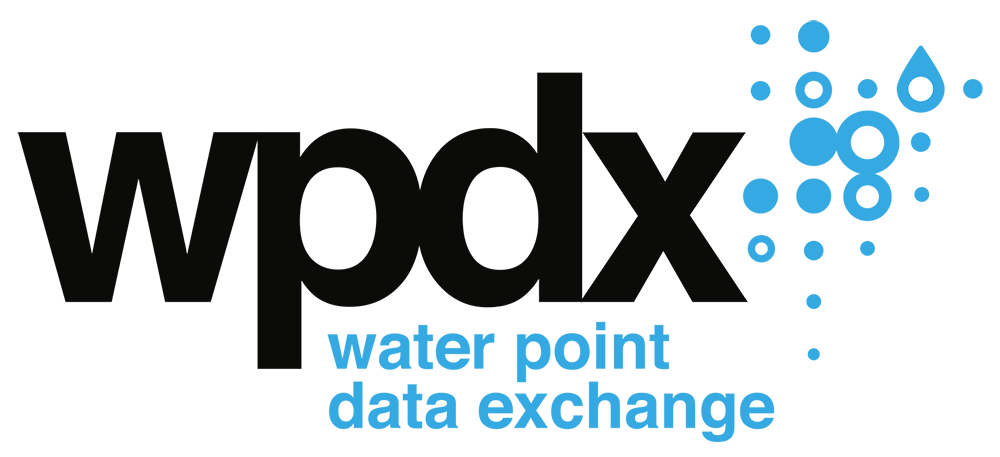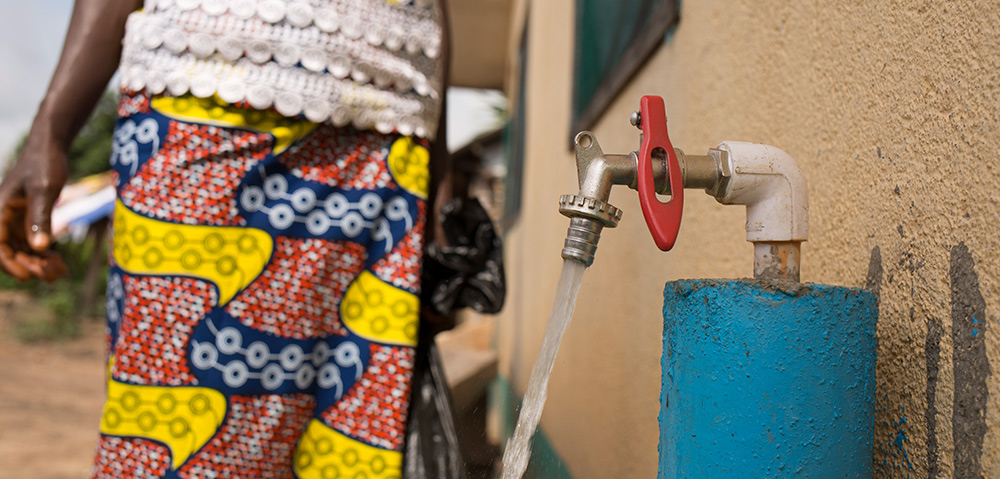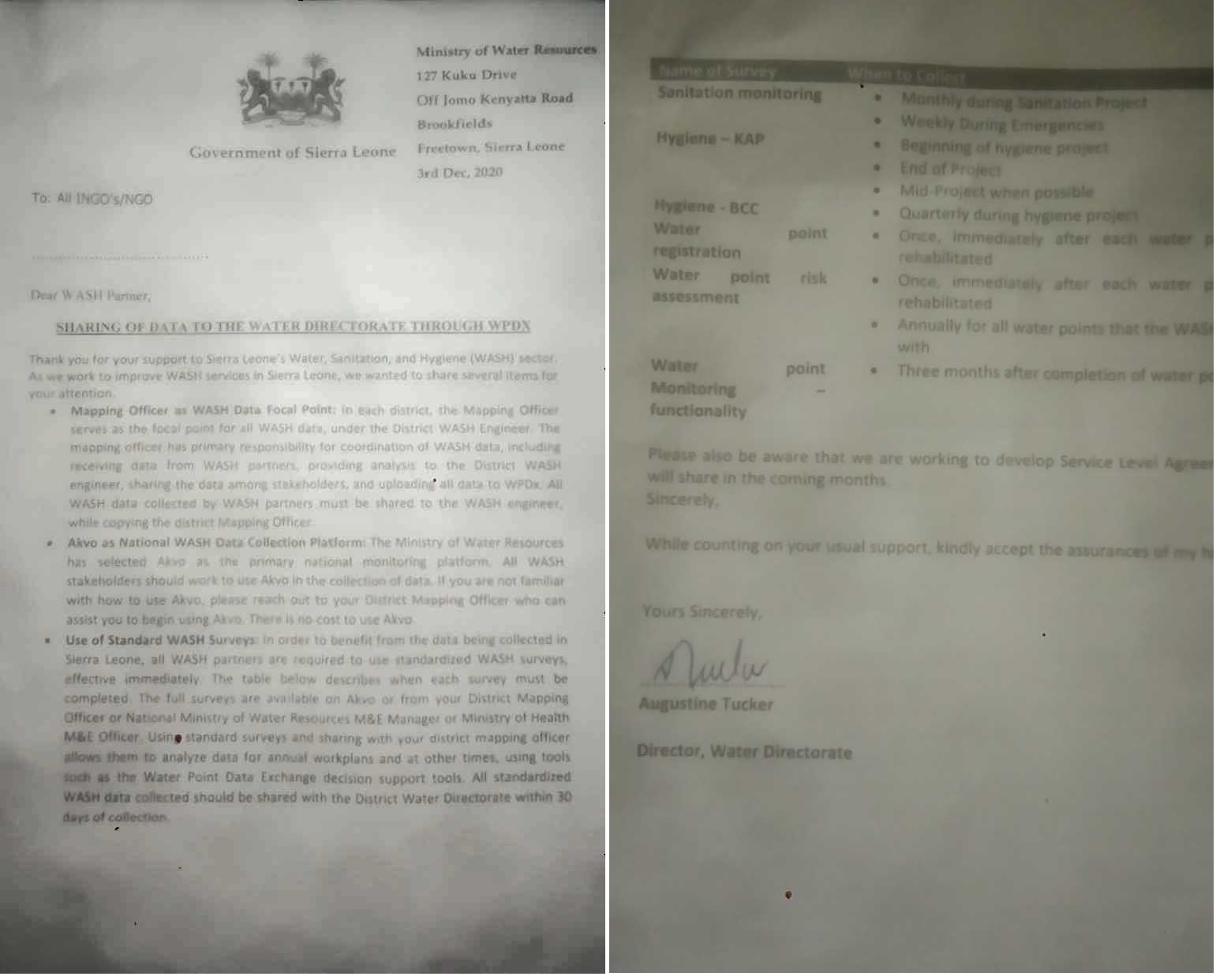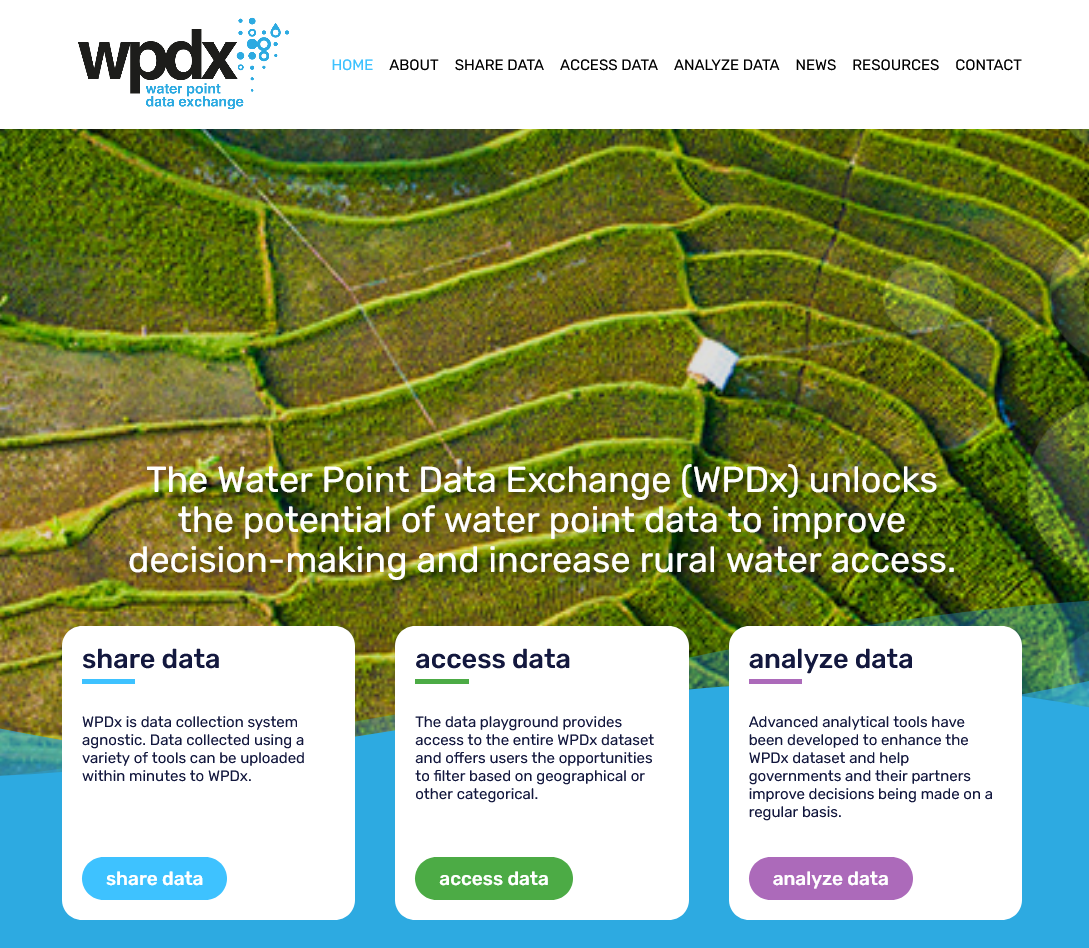*Please see here for our updated post and special recognitions!*
March 6th, 2021 is International Open Data Day, an opportunity to promote awareness and use of open data.
The Water Point Data Exchange (WPDx), the world’s largest open data repository for rural water point data, is going to celebrate Open Data Day by sharing information about how data use can improve decisions, encouraging data sharing with the WPDx platform, and recognizing contributing organizations.
The celebration will include an updated post on the WPDx website to appreciate the organizations which have shared data to WPDx in the past year, demonstrating their commitment to open and transparent data sharing. A few organizations and countries will be given special recognition for categories such as:
– Organization and country with the most water point records uploaded in the past year
– Organization which has shared data across the most countries
Thank you to those of you who have recently shared data to WPDx!
If you have not shared data yet or have more data to share, please do so by February 28th to have your organization recognized by WPDx on Open Data Day!
If you need any help sharing data, please contact info@waterpointdata.org
Please pass along this information to others in your network who may also wish to share data from other programs or countries.
